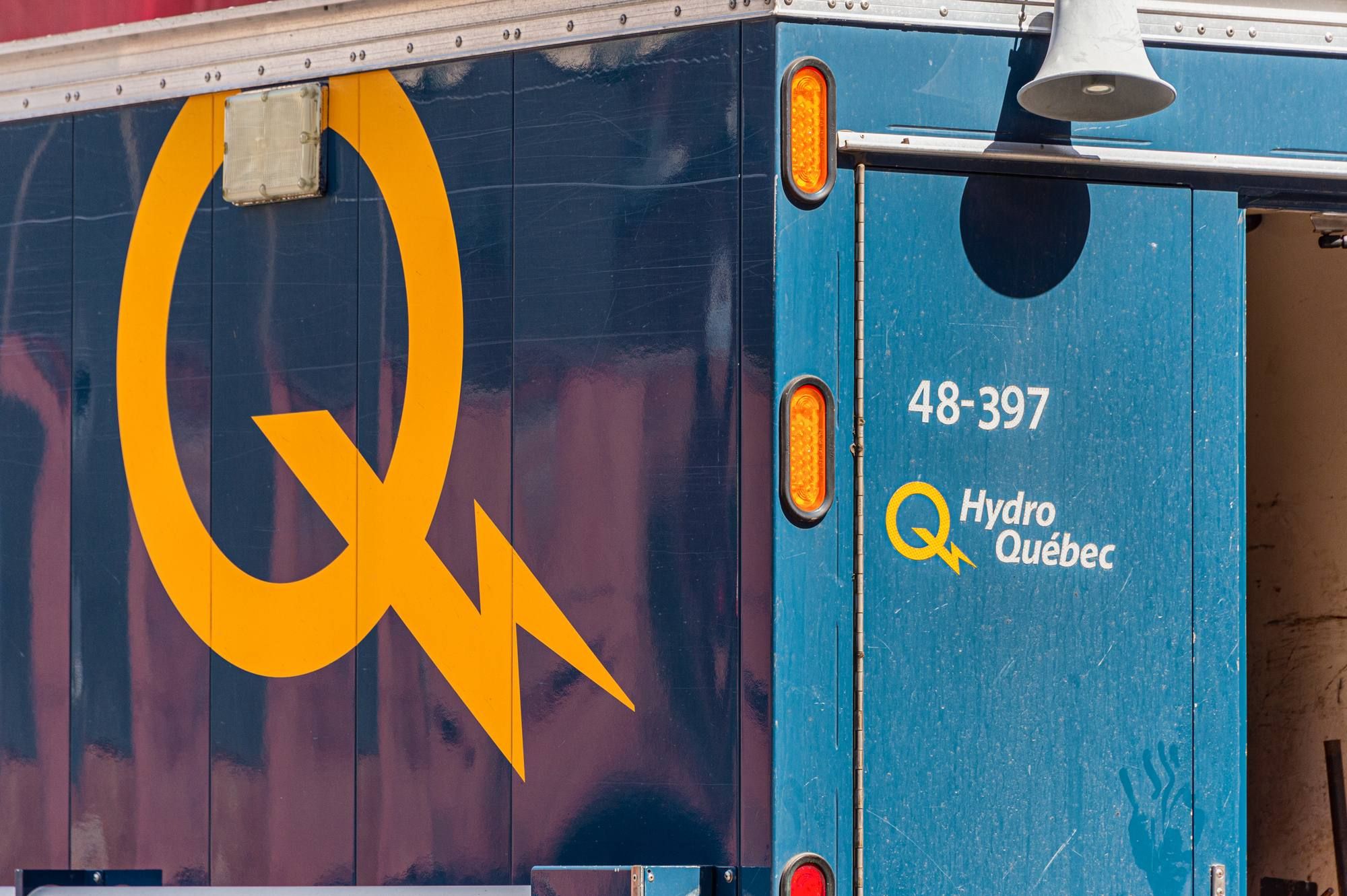Top Class Actions’s website and social media posts use affiliate links. If you make a purchase using such links, we may receive a commission, but it will not result in any additional charges to you. Please review our Affiliate Link Disclosure for more information.
Hydro-Québec has been hit with a $4 billion lawsuit by the Innu Nation of Labrador alleging the Churchill Falls dam upended their community’s way of life.
According to CBC News, the Hydro-Québec project at issue in the lawsuit is the Upper Churchill generating station. Construction on the project began in 1967 and Innu Nation leaders allege in their lawsuit that their community has since lived with the destruction the project caused.
“The impact of Churchill Falls has been felt across generations of Innu. What happened, it was not right. Our elders deserved better treatment then, and we demand better treatment now,” said the Grand Chief of Innu Nation during the briefing.
JWN Energy reports that Innu Nation consists of approximately 3,200 members who, for the most part, now live in the communities of Sheshatshiu and Natuashish. Prior to being moved into communities by the government of Canada in the 1950s, the Innu were nomadic and relied on hunting and fishing, says JWN.
“We are and remain hunters, with a deep connection to the land,” the Grand Chief reportedly stated during the briefing.”The area was once rich in fish and wildlife …. Our elders experienced terrible losses after the Churchill Falls generating station was built …. They lost so much, and we feel that loss today.”
Burial and Hunting Grounds Allegedly Destroyed by Hydro Project
According to Innu Nation leaders, who held a press briefing after lodging the complaint, the Churchill project destroyed traditional burial grounds in western Labrador. Additionally, the nation’s hunting grounds were compromised by the project.
The Upper Churchill generating station at issue in the lawsuit resulted in the Smallwood Reservoir and flooding caused by the project reportedly covered an area of land larger than the province of Prince Edward Island. The project consists of a series of dikes along the longest river in Labrador, reports CBC News.
The lawsuit alleges that the land since covered by Smallwood consisted of Innu burial grounds and gathering areas. Additionally, because the land was home to many types of wildlife and traditional caribou migration routes, it was an important traditional hunting area for Innu Nation, said the tribe’s leaders.
Tribe Not Consulted Before Project Began
CBC News reports that, according to Innu Nation leaders, they were not consulted at the outset of the project. Further, Hydro-Québec did not conduct an environmental assessment before breaking ground.
“We certainly did not consent to it. In fact, we were not even told when the flooding would begin, or how much the water would rise,” said the Deputy Grand Chief of Innu Nation at the press briefing.
Profit from Project Goes to Hydro-Québec
Under a disputed 1967 contract, most of the power generated by the project goes to Hydro-Québec, reports CBC News. According to the lawsuit, Hydro-Québec has reaped $4 billion in profit since the beginning of the project that should have gone to Innu Nation.
“Hydro-Québec has made billions of dollars from that contract. It has not paid us a single penny for the damage to our land, or damage to our life and to our people,” asserted Innu Nation leaders at the press briefing.
Hydro-Québec Refuses to Consider Reparations
In the press conference, Innu Nation leaders told reporters that they had attempted to negotiate with Hydro-Québec numerous times before lodging the $4 billion lawsuit.
“Every time we try to sit down with them, they always avoid us,” said the Grand Chief, noting that the Innu Nation is still open to negotiations.
For its part, Hydro-Québec claims the $4 billion lawsuit was unexpected. A representative for the company told CBC News reporters that it could not comment as it had not yet received the lawsuit. However, the representative reportedly pointed to an agreement Innu Nation had with the provincial government providing some compensation. Additionally, the representative reportedly noted that the project is not operated by Hydro-Québec and is located outside of Quebec’s boundaries.
“We are going to take time to study it,” Hydro-Québec told energy publication JWN. “There is a complicated historical context. It is not Hydro-Quebec that operates the power station, but we buy the energy.”
Province Pays $100 Million to Innu Nation Over Project
According to CBC News, the government of Newfoundland and Labrador have since agreed to pay Innu Nation $100 million over the course of 30 years to address the tribe’s grievances under the 2011 New Dawn agreement. In addition, the provincial government will reportedly give Innu Nation the legal title to unceded land and a share of the power profits from the generating station in 2041 when it reverts to provincial control.
Not the First Legal Battle Over Hydro Project
CBC News notes that Innu Nation’s $4 billion lawsuit is not the first time the Churchill project has been litigated. The government of Newfoundland and Labrador has long argued that it should reap more profit out of the project. Reportedly, Quebec has earned $28 billion, while Newfoundland and Labrador’s profits only amount to approximately $2 billion.
Indeed, this is not the first lawsuit filed by a First Nation over a land dispute. In March of 2020, the government of Canada agreed to pay almost $240 million to end a lawsuit with the Mohawks of Akwesasne that alleged land was improperly taken from them in 1981.
What do you think of Innu Nation’s claims? Tell us in the comment section below!
ATTORNEY ADVERTISING
Top Class Actions is a Proud Member of the American Bar Association
LEGAL INFORMATION IS NOT LEGAL ADVICE
Top Class Actions Legal Statement
©2008 – 2024 Top Class Actions® LLC
Various Trademarks held by their respective owners
This website is not intended for viewing or usage by European Union citizens.


















